What is EVM?
Last updated
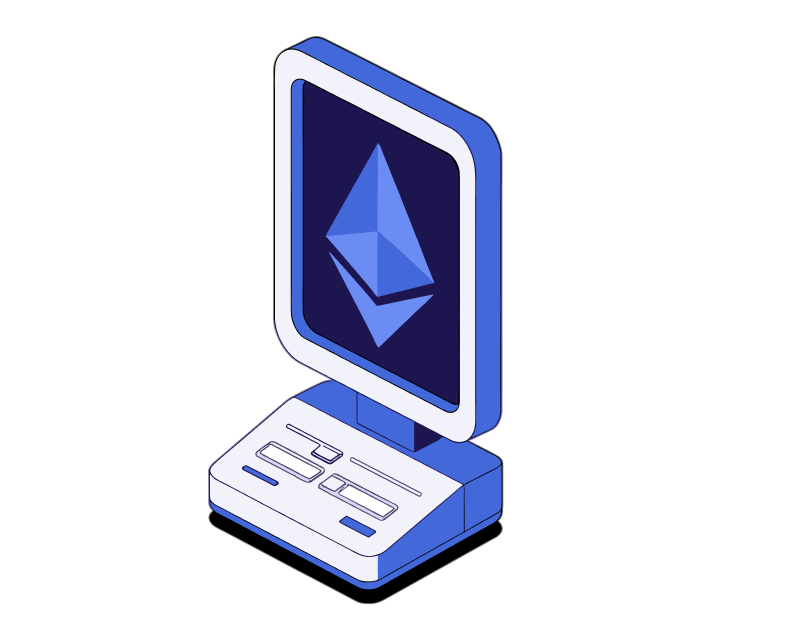
Table of Contents
What is the Ethereum Virtual Machine (EVM)?
The Ethereum Virtual Machine (EVM) is a virtual machine that executes smart contracts on the Ethereum blockchain. It is a key component of the Ethereum network, as it allows for the creation of decentralized applications (dApps). The EVM is a Turing-complete virtual machine, meaning that it can theoretically execute any computer program.
The EVM is a sandboxed environment, meaning that it is isolated from the rest of the Ethereum network. This helps to ensure the security of the network, as it prevents malicious smart contracts from harming the network or other users.
How does the EVM work?
The EVM executes smart contracts by interpreting the bytecode that they are compiled into. Bytecode is a low-level programming language that is easily understood by computers. When a smart contract is deployed to the Ethereum blockchain, it is compiled into bytecode and stored on the blockchain.
When a user wants to interact with a smart contract, they send a transaction to the contract's address. This transaction includes the bytecode of the function that the user wants to execute. The EVM then interprets the bytecode and executes the function.
What are the benefits of the EVM?
The EVM offers several benefits for developers and users of dApps:
- Decentralization: The EVM is decentralized, meaning it is not controlled by any single entity. This makes it resistant to censorship and manipulation.
- Transparency: All EVM transactions and operations are publicly verifiable on the Ethereum blockchain.
- Security: The EVM is secured by the Ethereum network's consensus mechanism, which makes it difficult for attackers to tamper with the EVM's state.
- Programmability: The EVM is Turing-complete, meaning it can execute any program that can be written. This makes it a powerful platform for developing dApps.
- Interoperability: The EVM is compatible with a wide range of programming languages, making it easy for developers to create dApps.
What are the limitations of the EVM?
The EVM also has some limitations:
- Scalability: The EVM can only process a limited number of transactions per second, which can lead to network congestion and high gas fees.
- Complexity: The EVM can be complex to understand and use, especially for developers who are new to blockchain technology.
- Security Risks: While the EVM itself is secure, smart contracts can be vulnerable to bugs or exploits.
What is the future of the EVM?
The Ethereum community is actively working on improving the EVM, with a focus on scalability, security, and usability. Some of the key initiatives include:
- Ethereum 2.0: Ethereum 2.0 is a major upgrade to the Ethereum network that will introduce a new consensus mechanism, called Proof of Stake (PoS), and a new sharding architecture. These changes are expected to significantly improve the scalability and efficiency of the EVM. Learn more about Ethereum 2.0.
- Layer-2 scaling solutions: Layer-2 scaling solutions, such as rollups and state channels, are being developed to offload transactions from the EVM, thereby reducing congestion and fees. Learn more about Ethereum layer-2 solutions.
- EVM improvements: The Ethereum community is also working on improving the EVM itself, with a focus on making it more efficient and easier to use.
What are some examples of EVM-compatible blockchains?
The Ethereum Virtual Machine (EVM) has become a widely adopted standard for smart contract execution in the blockchain space. Its popularity stems from its flexibility, security, and the vast ecosystem of tools and resources available for developers. As a result, numerous blockchain platforms have chosen to implement EVM compatibility, allowing them to leverage the benefits of Ethereum's established infrastructure while offering their own unique features and advantages.
Here are some prominent examples of EVM-compatible blockchains:
-
BNB Smart Chain (BSC): Developed by Binance, BSC is known for its high transaction throughput and low fees, making it a popular choice for DeFi applications. Learn more about BNB Smart Chain.
-
Polygon (POL): Polygon is a layer-2 scaling solution for Ethereum that uses a combination of technologies, including Plasma and Optimistic rollups, to enhance scalability and reduce transaction costs. Learn more about Polygon.
-
Avalanche (AVAX): Avalanche is a high-performance blockchain platform that uses a unique consensus mechanism called Avalanche consensus to achieve fast transaction speeds and high throughput. Learn more about Avalanche.
-
Arbitrum: Arbitrum is an optimistic rollup scaling solution for Ethereum that aims to reduce transaction costs and improve throughput.
-
Optimism: Optimism is another optimistic rollup scaling solution for Ethereum that offers similar benefits to Arbitrum.
These EVM-compatible blockchains offer a diverse range of features and advantages, catering to different use cases and developer preferences. Their compatibility with the EVM allows them to leverage the existing Ethereum ecosystem, including tools, libraries, and developer communities, while providing their own unique innovations and improvements.
What are some examples of dApps that use the EVM?
The EVM is used by a wide range of dApps, including:
- Decentralized exchanges (DEXs): DEXs allow users to trade cryptocurrencies and other digital assets without the need for a centralized intermediary.
- Decentralized finance (DeFi) protocols: DeFi protocols offer a variety of financial services, such as lending, borrowing, and insurance.
- Non-fungible tokens (NFTs): NFTs are unique digital assets that can represent ownership of a wide range of items, from digital art to virtual real estate.
- Decentralized autonomous organizations (DAOs): DAOs are organizations that are governed by rules encoded in smart contracts.
Frequently Asked Questions
What is the difference between Ethereum and the EVM?
Ethereum is a blockchain platform, while the EVM is a virtual machine that runs on the Ethereum blockchain. The EVM is responsible for executing smart contracts, which are the programs that power dApps.
What is gas?
Gas is a unit of measurement that represents the amount of computational effort required to execute a particular operation on the EVM. When a smart contract is executed, the user pays a gas fee, which is used to compensate the miners who process the transaction. Learn more about gas here.
What is a smart contract?
A smart contract is a self-executing contract with the terms of the agreement between buyer and seller being directly written into lines of code. They run on the Ethereum blockchain, automatically executing transactions and enforcing agreements when predefined conditions are met, without the need for intermediaries. Learn more about smart contracts here.
What is a dApp?
A decentralized application (dApp) is a software application that runs on a decentralized computing system, typically a blockchain. Unlike traditional applications that run on centralized servers, dApps operate on a peer-to-peer network, which means they are not controlled by any single entity or individual. Learn more about dApps here.
What is DeFi?
Decentralized finance, or DeFi, is a catch-all term for financial products that live on decentralized networks like Ethereum. The basic idea of DeFi is to rely on smart contracts to automate financial products. The most widely used DeFi products currently are in the realm of borrowing and lending, trading, and derivatives. Learn more about DeFi here.
What are ERC-20 tokens?
ERC-20 tokens are sets of 'fungible' digital tokens that live on the Ethereum network. ERC-20 refers to a technical standard that defines a common set of rules such as how the tokens can be transferred, how transactions are approved, and the total supply of tokens. Learn more about ERC-20 tokens here.
Related guides
Start from here →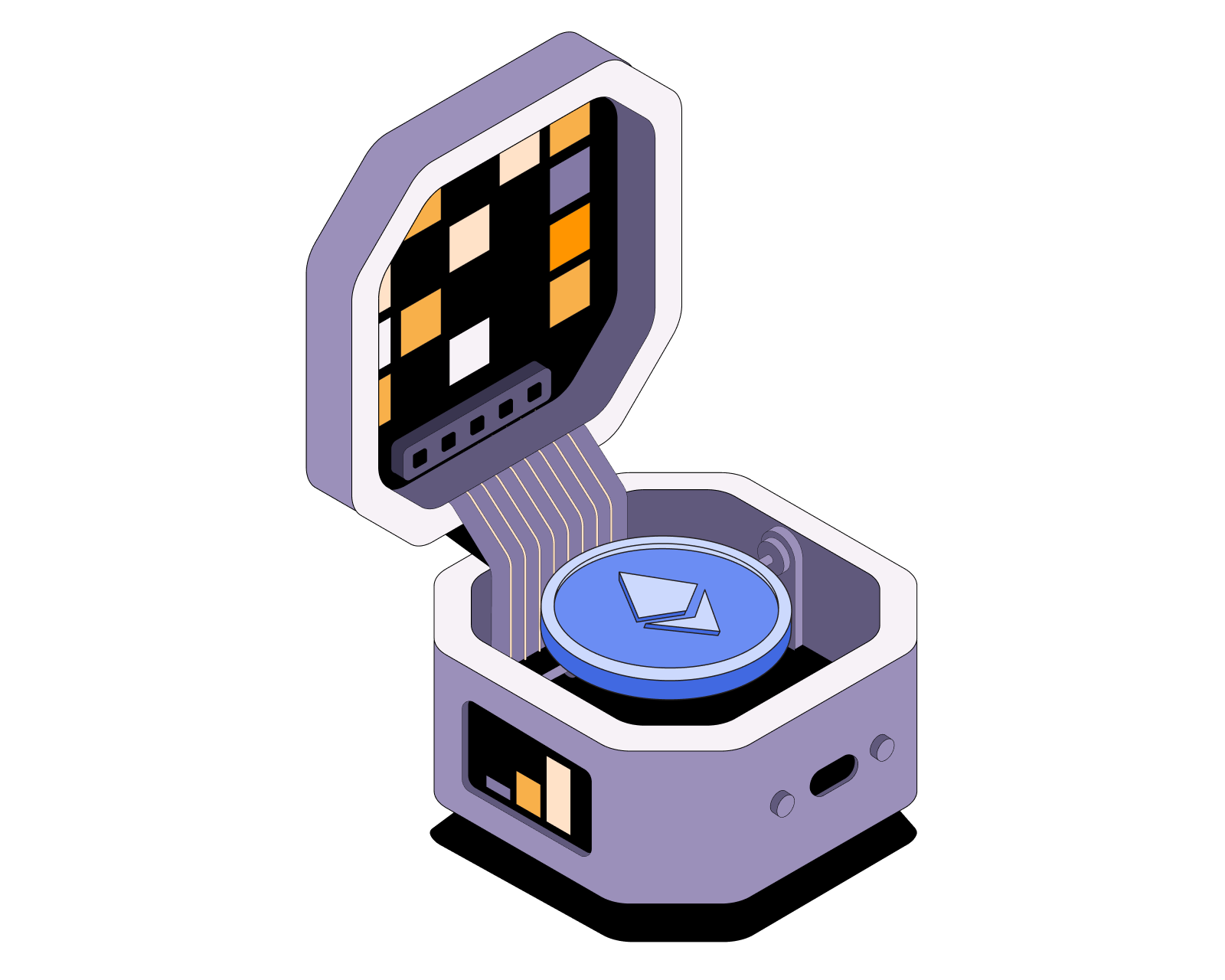
What is Ethereum?
Understand Ethereum's key characteristics.

What is Ethereum?
Understand Ethereum's key characteristics.
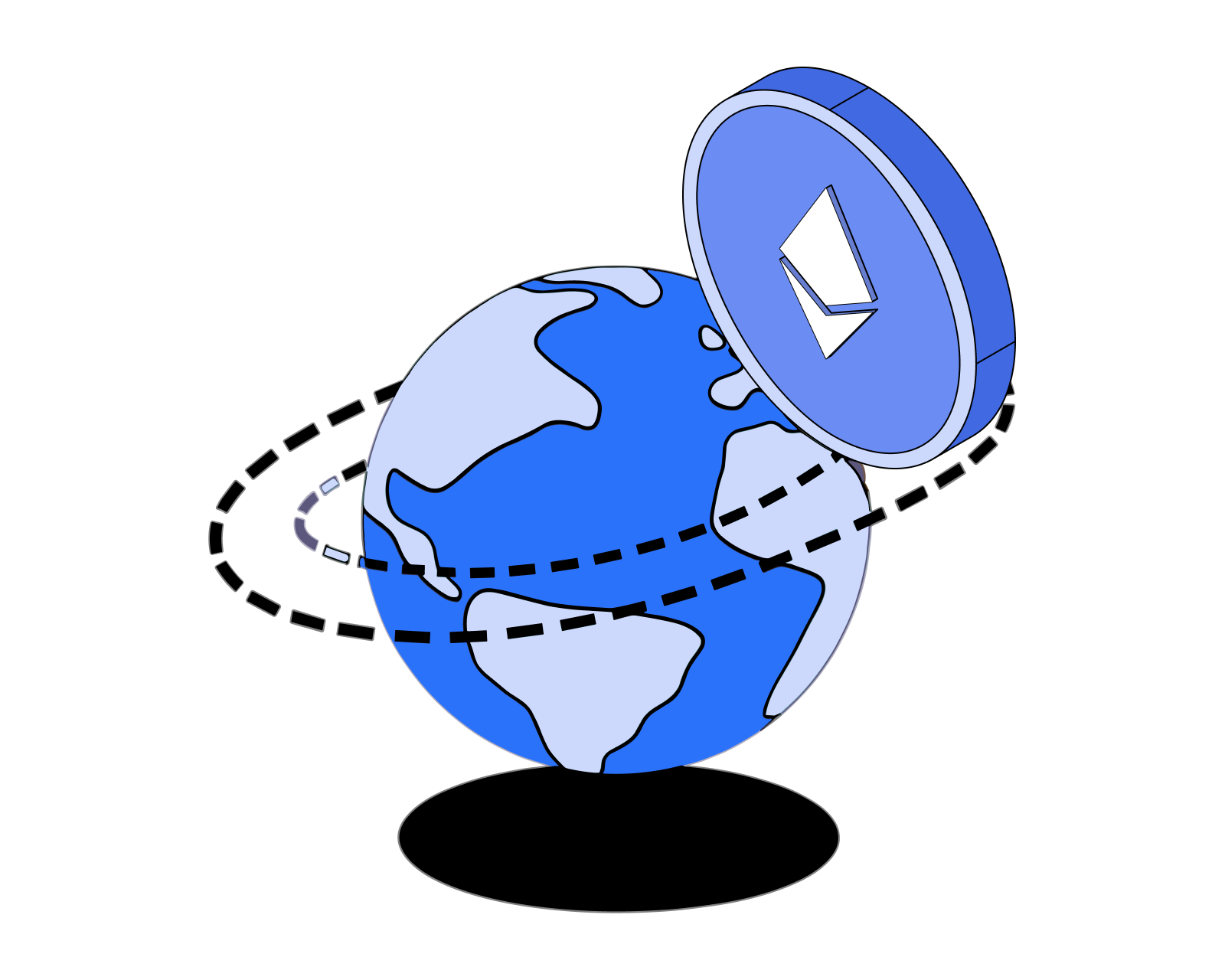
What is ETH used for?
Understand the function and utility of ETH.

What is ETH used for?
Understand the function and utility of ETH.
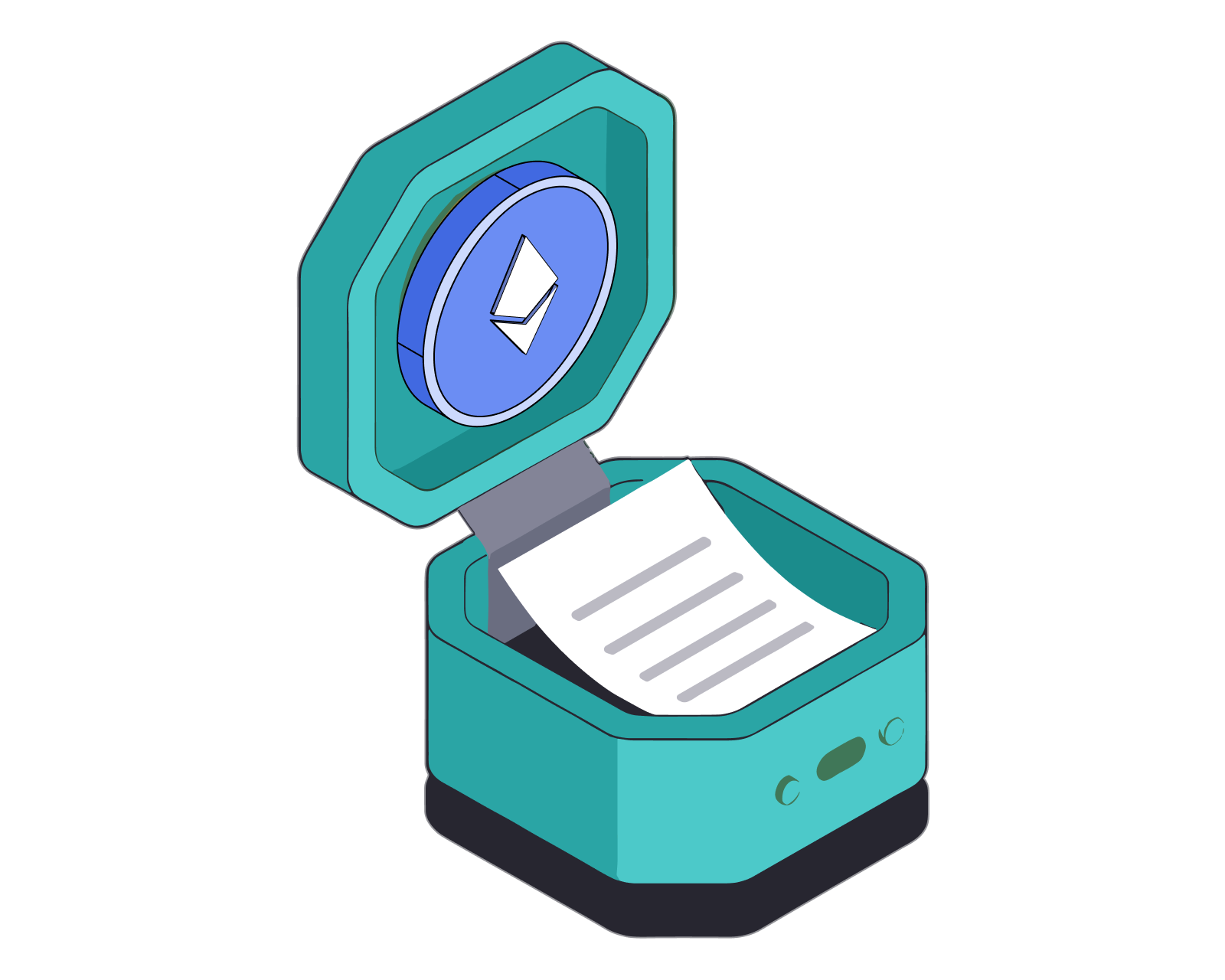
What's a smart contract?
Get the basics on the "software" that runs on decentralized networks.

What's a smart contract?
Get the basics on the "software" that runs on decentralized networks.
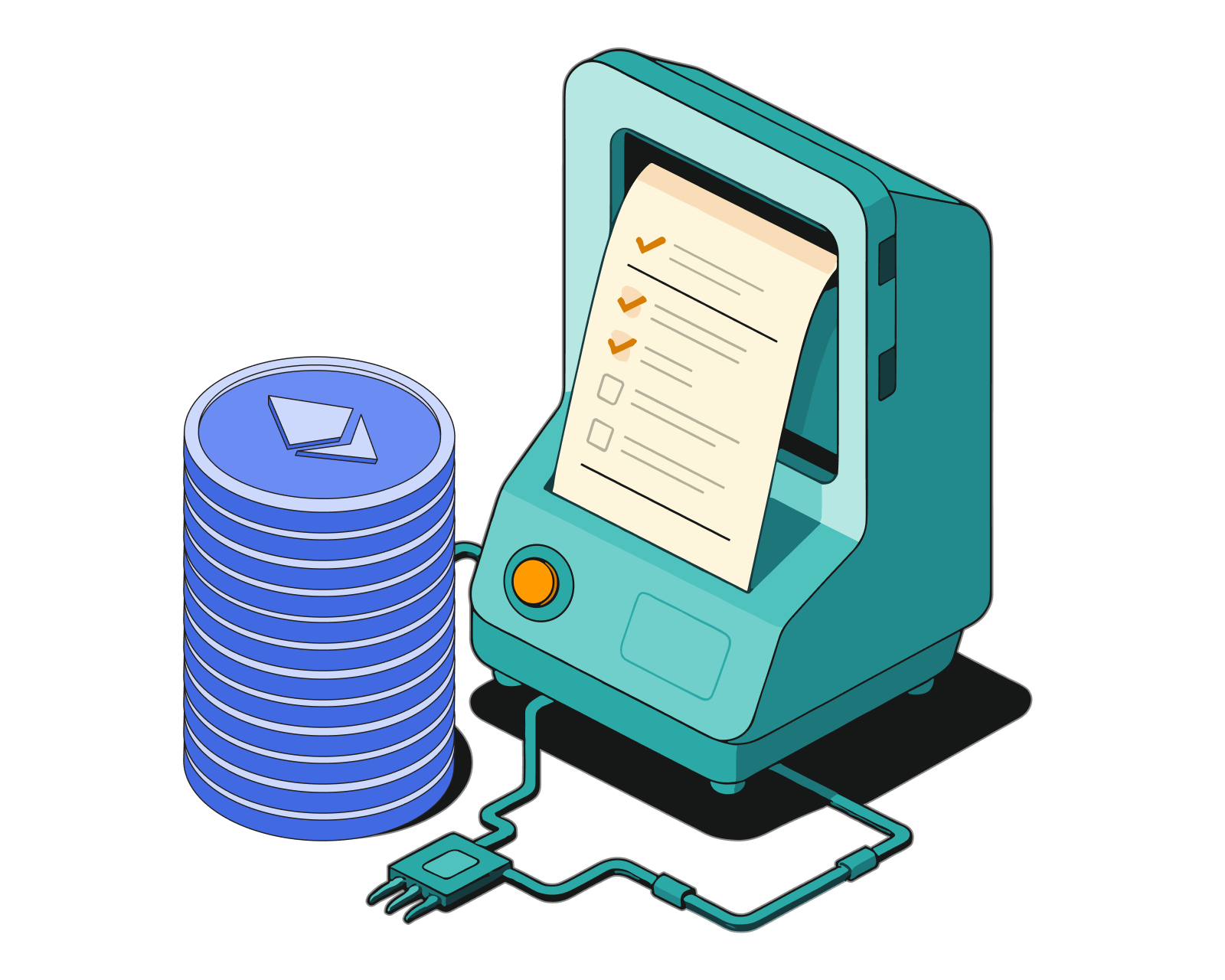
What are ERC-20 tokens?
Learn the basics of the Ethereum token standard, what ERC-20 tokens are used for, and how they work.

What are ERC-20 tokens?
Learn the basics of the Ethereum token standard, what ERC-20 tokens are used for, and how they work.
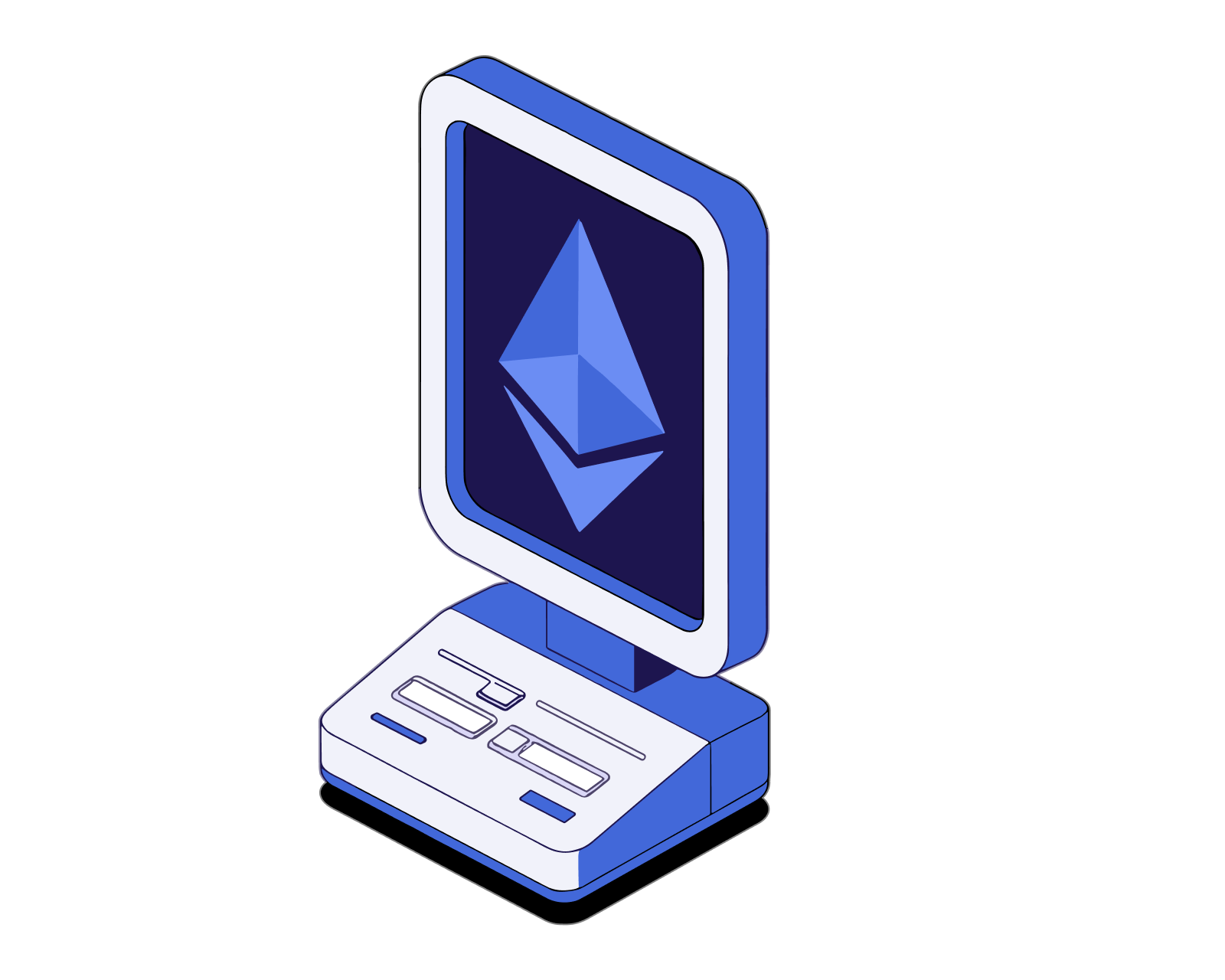
What is DeFi?
Learn what makes decentralized finance (DeFi) apps work and how they compare to traditional financial products.

What is DeFi?
Learn what makes decentralized finance (DeFi) apps work and how they compare to traditional financial products.
STAY AHEAD IN CRYPTO
Stay ahead in crypto with our weekly newsletter delivering the insights that matter most
Weekly crypto news, curated for you
Actionable insights and educational tips
Updates on products fueling economic freedom
No spam. Unsubscribe anytime.
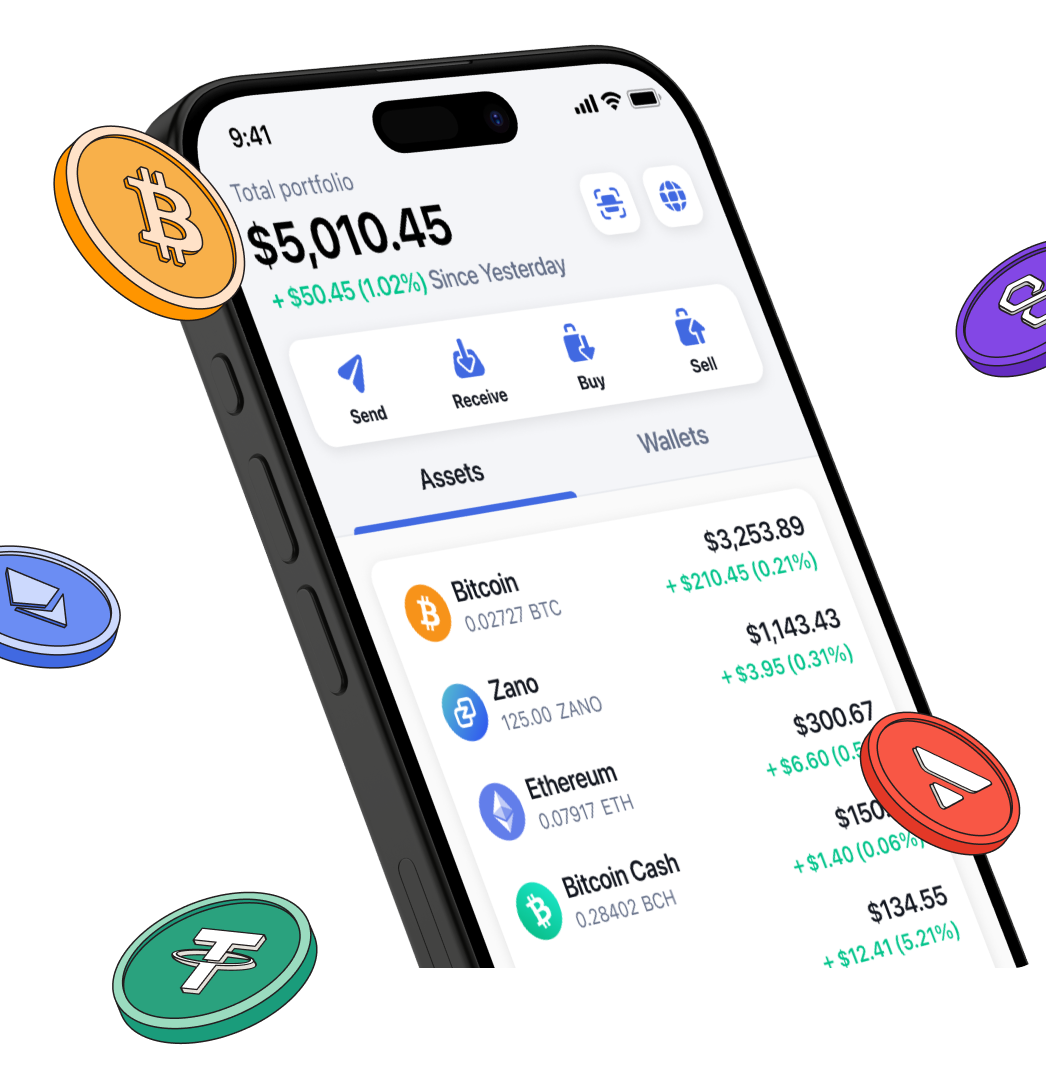
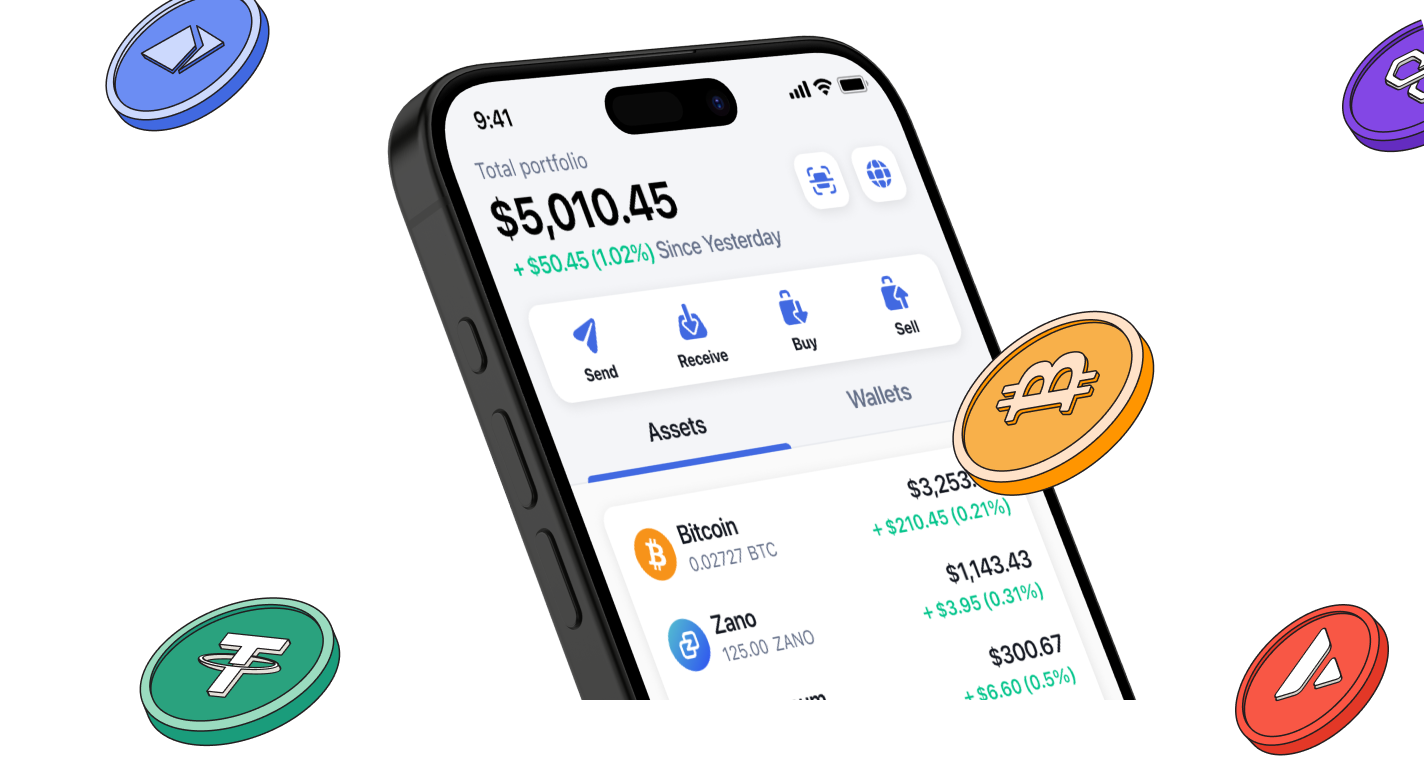
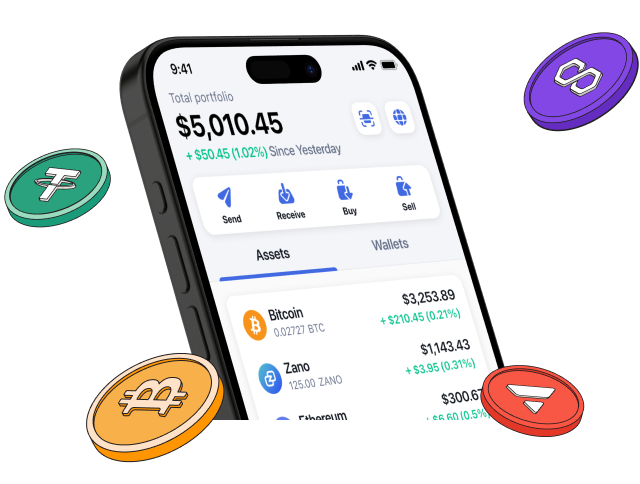
Start investing safely with the Bitcoin.com Wallet
Over wallets created so far
Everything you need to buy, sell, trade, and invest your Bitcoin and cryptocurrency securely

© 2026 Saint Bitts LLC Bitcoin.com. All rights reserved



